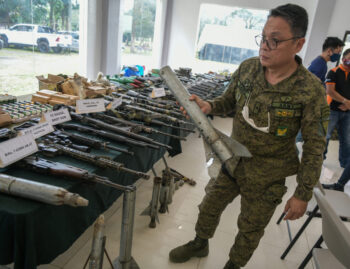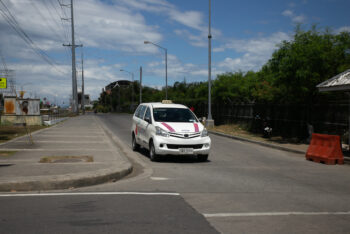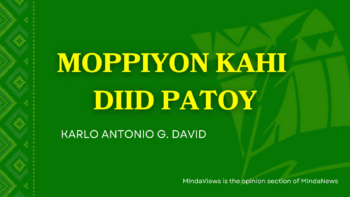NAAWAN, Misamis Oriental (MindaNews / 28 May) – Reportedly six proposed master plans for the reconstruction of the ravaged city of Marawi with cost estimates ranging from P 30-80B, had been on the table for government to choose from, as early as December 2017, or some two months after the conclusion of the conflict.
Six months later, it seems the government has yet to make a choice or has to come up with another plan. Meanwhile, the 350,000 displaced residents are accommodated in temporary shelters and evacuation centers exposed to the elements and at the mercy of the vagaries of the weather. Those who were not accommodated by the quick-response projects had no other option but to seek refuge in the kindness of relatives in neighboring communities while waiting for their dwellings in ground zero and periphery to be liveable again. In any case, the exceeded carrying capacity of these temporary measures may spawn, if not yet already, a lot of troubles along sanitation, health, and relationship. The elderly and the infirm, the nursing mothers and their young will be the first to buckle down from poor sanitation and hygiene, inadequate food supplies, water and medicines.
In fairness though, the rebuilding of the city cannot take off until the rubbles are cleared and the hundreds of unexploded bombs that were dropped from the air are recovered from their sink holes. It’s still a long wait, but in situations like this, safety is the best policy.
How to avoid what happened in Marawi, the decision and strategies that caused it, is something the government should seriously review in the meantime that the clearing and bomb retrieval is still in progress. Congress, both the Senate and the House, is duty-bound to conduct an investigation on the matter. It ought to eschew politics and leave no stone unturned in finding why the fighting to hunt and terminate 100-500 terrorists (the figure kept on changing during the battle) turned into a war effort that took 153 days to complete and had effectively and outrageously destroyed an entire city.
There are other cities and urban centers in Mindanao that are vulnerable to terrorist incursions and propaganda efforts. The Marawi tragedy should be avoided: it should not repeat. The cost of the war in terms of lives, human suffering and financial and material resources was staggering. If the cost in lives and consequent suffering of the populace is put in the equation, the decision in pursuing the war borders in insanity. It should not be allowed to happen again.
It is, of course, imperative for the government to preserve and promote peace. But any intervention along this must be thoroughly calculated and put in the balance to determine the overall cost, particularly in lives and human suffering. Here enters the thorough assessment of the political and military strategies to employ in pursuit of war objectives. Without this exercise, a war on terror may become unnecessarily destructive like hitting with a hammer a scorpion on the head of a person: you crush the scorpion as well as the head of the person you wish to protect from the deadly arachnid. That is what happened to the Islamic City of Marawi.
The Maute-ISIS terrorists evidently lost the battles but might have won the war in portraying the government as a giant terrorist in the eyes of the Meranaw, especially in the young.
This should not be allowed to happen once more.
Never again.
(MindaViews is the opinion section of MindaNews. William R. Adan, Ph.D., is retired professor and former chancellor of Mindanao State University at Naawan, Misamis Oriental, Philippines.)







